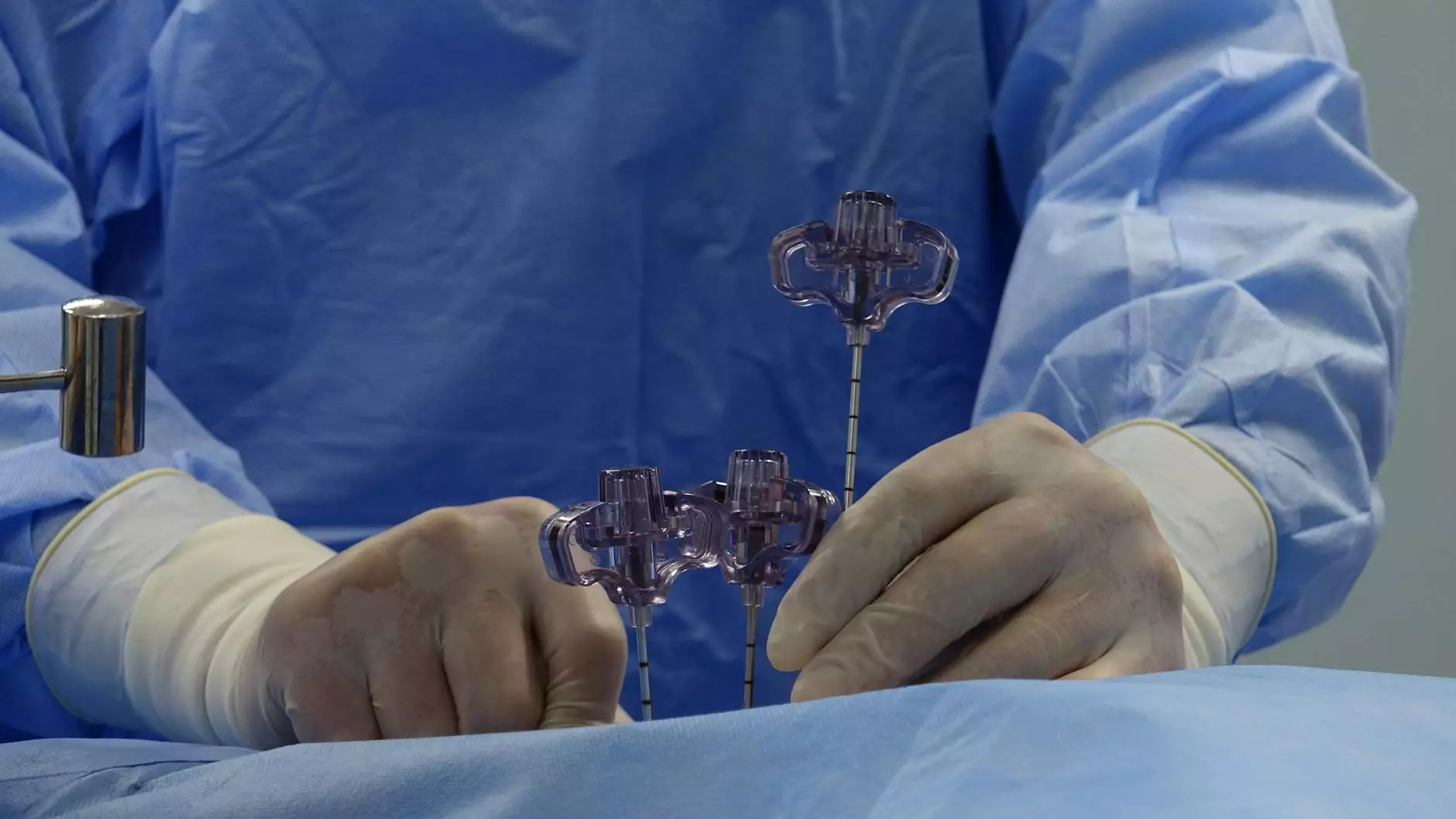Understanding the Costs of Fixing Pectus Excavatum

Pectus excavatum, also known as "funnel chest," is a condition that affects the chest wall, causing a noticeable indentation in the sternum. This condition can impact not only the physical appearance but also respiratory function and overall self-esteem. Many individuals seek correction, prompting an essential question: how much does it cost to fix pectus excavatum?
Overview of Pectus Excavatum
Pectus excavatum is one of the most common congenital deformities of the chest wall. Although some individuals may not experience significant health issues, many choose to undergo surgery for cosmetic reasons or to alleviate symptoms like shortness of breath and chest pain. The most common surgical options available to correct this condition include:
- Nuss Procedure: A minimally invasive surgery where a curved metal bar is inserted under the sternum.
- Ravitch Procedure: A more traditional surgical approach that involves removing deformed cartilage and repositioning the sternum.
Factors Influencing the Cost
Understanding how much does it cost to fix pectus excavatum involves considering several key factors:
1. Geographic Location
The cost of surgical procedures can vary significantly depending on the geographic location of the clinic or hospital. Urban areas with higher living costs may charge more for such procedures compared to rural hospitals. Additionally, some regions may have more experienced surgeons specializing in this operation, potentially influencing the price.
2. Type of Procedure
The choice between the Nuss and Ravitch procedures can also affect the overall expense. The Nuss procedure is typically less invasive and may require a shorter recovery time, which may keep costs lower than the Ravitch procedure, which involves a longer, more complex surgery.
3. Hospital Facilities
The reputation and quality of the hospital or surgical center are crucial. High-end medical facilities with advanced technology and experienced staff may charge a premium for their services. elclinics.com offers exceptional care in a state-of-the-art environment, ensuring optimal outcomes for patients.
4. Surgeon’s Experience
Surgeons specializing in pectus excavatum repairs typically charge higher fees based on their expertise and proven track record. A more experienced surgeon can often provide better results, which is an important consideration when evaluating overall costs.
5. Insurance Coverage
Many insurance plans cover pectus excavatum surgery if it's deemed medically necessary. Factors such as documented symptoms and a referral from a primary care physician can influence insurance approval. Patients should check with their insurance provider to confirm coverage details and any out-of-pocket costs that may apply.
6. Preoperative and Postoperative Care
Preoperative assessments, such as imaging tests and consultations, as well as postoperative care, can also add to the total cost. Patients should prepare for potential follow-up visits, physical therapy, and any medications required during recovery.
Estimated Costs
The estimated costs for fixing pectus excavatum can range widely based on the factors mentioned above. Generally, the prices are as follows:
- Nuss Procedure: $30,000 to $70,000
- Ravitch Procedure: $40,000 to $80,000
Keep in mind these are approximate costs and can vary based on individual circumstances, geographic data, and specific healthcare facilities.
Preparing for the Consultation
For those considering surgery, an initial consultation with a healthcare provider is crucial. Here’s what to expect during the consultation:
1. Medical History Review
Patients will be asked about their medical history, family history of chest deformities, and any symptoms they are experiencing related to pectus excavatum.
2. Physical Examination
A physical examination of the chest will help determine the severity of the condition and the most suitable surgical option. This will often include discussing the aesthetic concerns and physical limitations caused by the condition.
3. Diagnostic Tests
Diagnostic tests such as chest X-rays or CT scans may be recommended to get a comprehensive view of the chest cavity and to plan the surgical approach effectively.
Recovery Process
Understanding the recovery process is essential in determining costs. The recovery time will differ depending on the procedure performed:
- Nuss Procedure Recovery: Usually involves a hospital stay of 2-4 days, with full recovery typically taking 3-6 weeks.
- Ravitch Procedure Recovery: Hospitalization may last longer, often around 4-7 days, and recovery may extend to 6-12 weeks.
During recovery, patients may need follow-up appointments, physical therapy, and medications, which should all be considered when assessing total costs.
Emotional and Psychological Considerations
Beyond the financial aspects, surgery for pectus excavatum often involves significant emotional and psychological considerations. Many patients report improvements in self-esteem and confidence post-surgery, making the investment feel worthwhile.
Conclusion
In summary, the question of how much does it cost to fix pectus excavatum cannot be answered with a singular figure. It encompasses a variety of factors, including geographical location, the type of procedure, the facility and surgeon's reputation, and insurance coverage. Individuals contemplating surgery should conduct in-depth research, consider all associated costs, and consult with healthcare professionals to make informed decisions.
Contact Us for More Information
If you're ready to take the next step towards addressing pectus excavatum, elclinics.com is here to assist you. Our team of expert surgeons is dedicated to providing exceptional care tailored to meet your needs. Schedule a consultation today to discuss your options and potential costs. With the right information and support, you can take charge of your health and enhance your quality of life.



